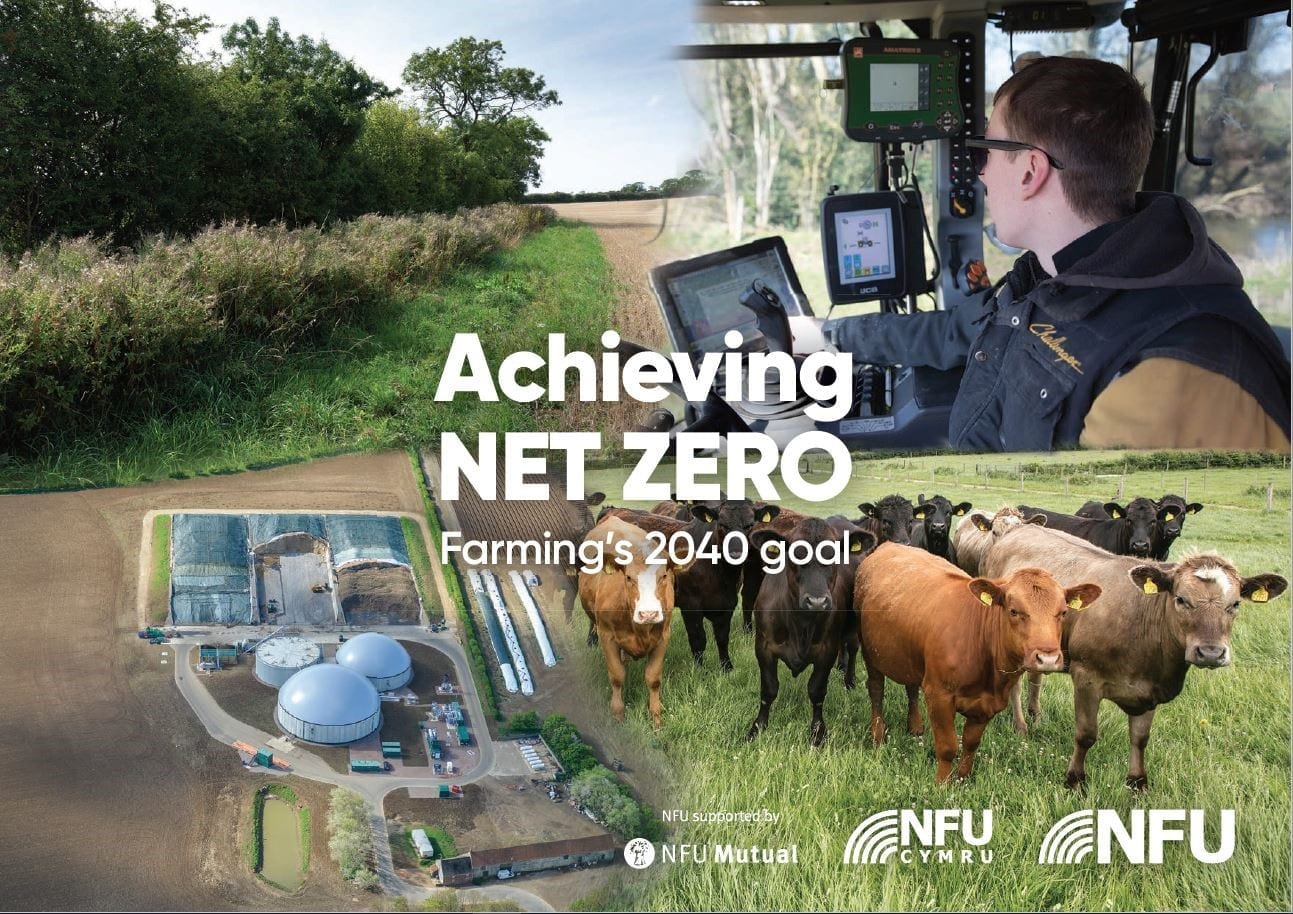More than half of this was methane, with nitrous oxide a close second. Industry’s GHG is mainly CO2, which can be controlled by cutting the use of fossil fuels. In agriculture the issue is more complex, but the NFU outlines the following methods that can contribute to a zero-carbon economy:
- Improving farming’s productive efficiency to produce the same quantity of food, or more, with less inputs in smarter ways;
- Farmland carbon storage in soils and vegetation – improving land management and changing land use to capture more carbon, through bigger hedgerows, more woodland, and more carbon-rich soil;
- Boosting renewable energy and the bioeconomy to displace GHG emissions from fossil fuels and to create GHG removal through photosynthesis and carbon capture.
The NFU has calculated that such measures could cut agricultural emissions by as much as 45.6MtCO2 equivalent per year.
NFU president Minette Batters said: ‘We believe our aim is challenging, but attainable, given the right incentives.… Our ambition is a national aspiration, not an expectation that every farm can reach net zero. Every farm will start the journey to net zero from a different place and will need a unique action plan.’
See the full report at net-zero-farming













